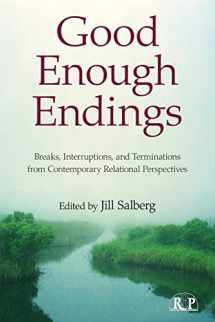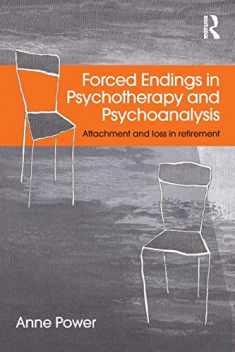
Good Enough Endings (Relational Perspectives Book Series)
Book details
Summary
Description
In the relational literature, the subject of termination - the ending of an analysis - has received scant attention, and traditional Freudian or ego-psychological criteria are not always enough to assess the readiness to terminate therapy in the coconstructed, intersubjective analytic relationship. Good Enough Endings seeks to remedy this gap, bringing together contributions from contemporary relational thinkers, while at the same time engaging with ideas from other psychoanalytic perspectives. Topics given consideration include:
- Can there be a relational criteria or paradigm for termination, and what would it include?
- How do treatment goals of the analyst and/or that of the patient affect the decision to terminate?
- How do recent developments in attachment theory and research influence the preparation to end analysis?
- What occurs for the patient after termination, and how do we assess the need for follow-up?
Integrating elements of existing psychoanalytic theory with the fruits of the relational turn, Good Enough Endings expands and expounds upon the relational considerations in ending analysis, providing a resource for reflection and insight into the final - and perhaps most difficult - aspect of psychoanalytic treatment.


We would LOVE it if you could help us and other readers by reviewing the book
Book review




